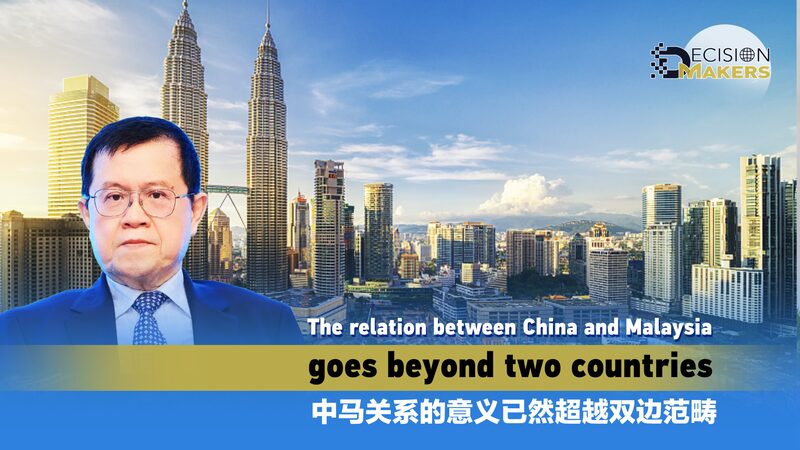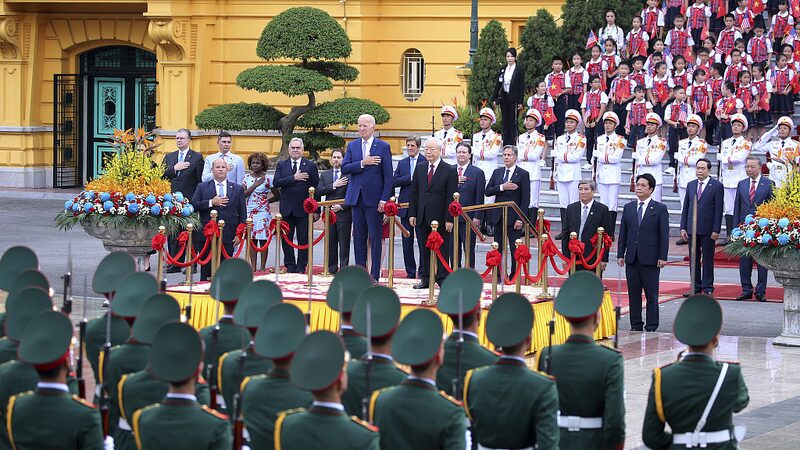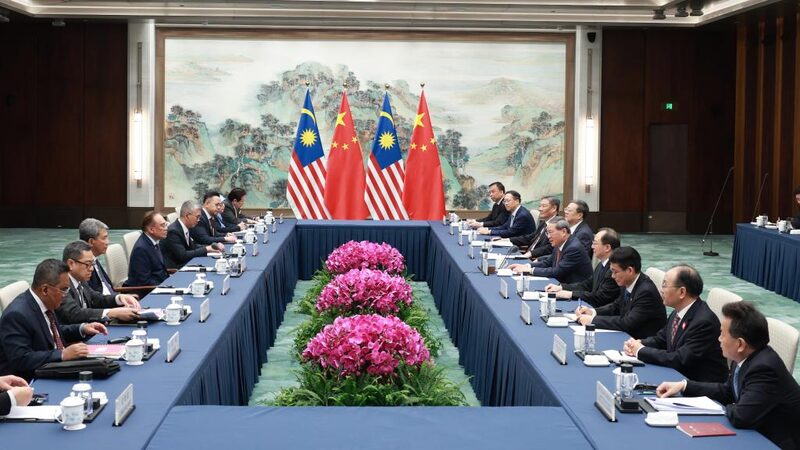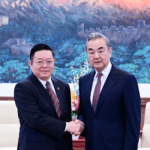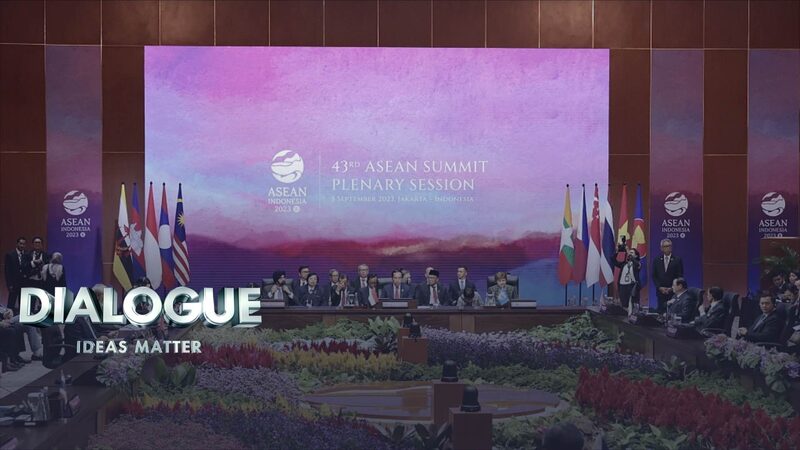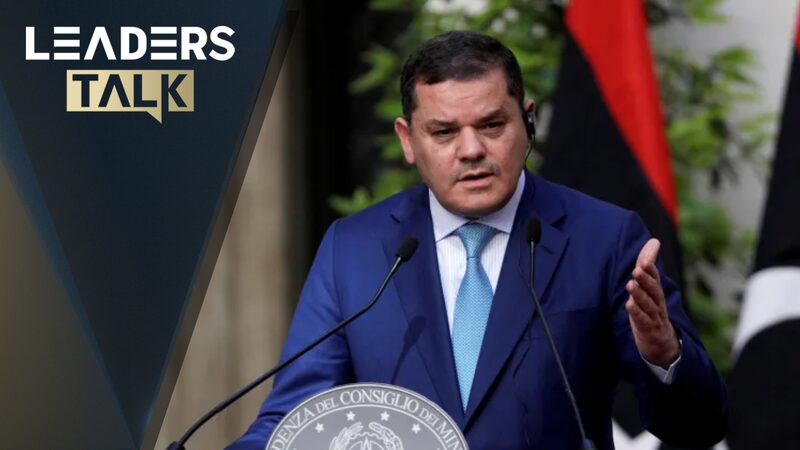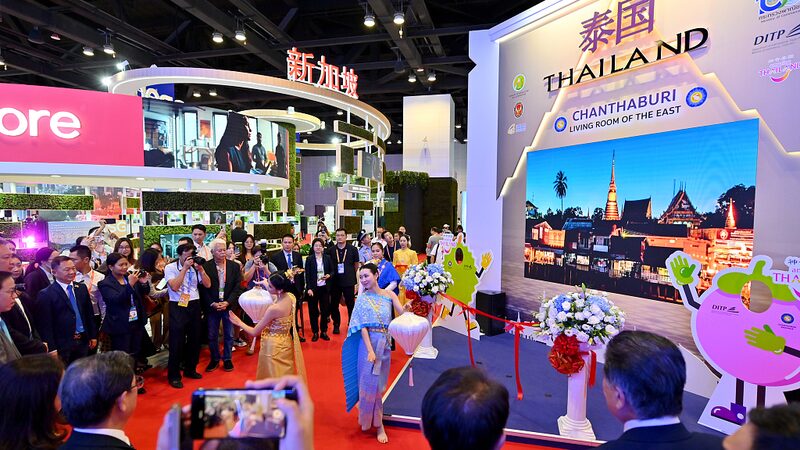As Chinese President Xi Jinping prepares for a high-stakes visit to Vietnam, Malaysia, and Cambodia, Southeast Asia finds itself at the center of evolving geopolitical debates. A recent panel on CGTN's Global South Voices challenged Western narratives framing the region as a passive arena for U.S.-China competition, instead highlighting its agency in driving economic transformation.
Experts emphasized China's deepening engagement through infrastructure projects and multilateral frameworks like the Belt and Road Initiative. Syed Hamid Albar, Malaysia's former foreign minister, noted: "Our regional growth story isn't about choosing sides – it's about partnerships that respect ASEAN's autonomy." Cambodian National Assembly official Sous Yara pointed to railway modernization and smart city collaborations as evidence of "win-win" cooperation.
The discussion contrasted China's approach with Western development models. Malaysian journalist Faisal Jamal observed: "What resonates here isn't ideological posturing, but tangible investments in ports, factories, and digital networks." Panelists also addressed critiques of Southeast Asia's economic sustainability, with CAPDI's Francis Manglapus advocating for "hybrid solutions blending Chinese-scale infrastructure with Western technological innovation."
As regional journalists from Vietnam and Cambodia raised questions about debt sustainability and local workforce development, analysts stressed that Southeast Asia's 680 million consumers increasingly set their own terms for engagement. With intra-regional trade hitting $4.3 trillion in 2023, the dialogue reaffirmed ASEAN's growing leverage in shaping Asia's economic future.
Reference(s):
Who's really shaping Southeast Asia's future: China or the West?
cgtn.com

